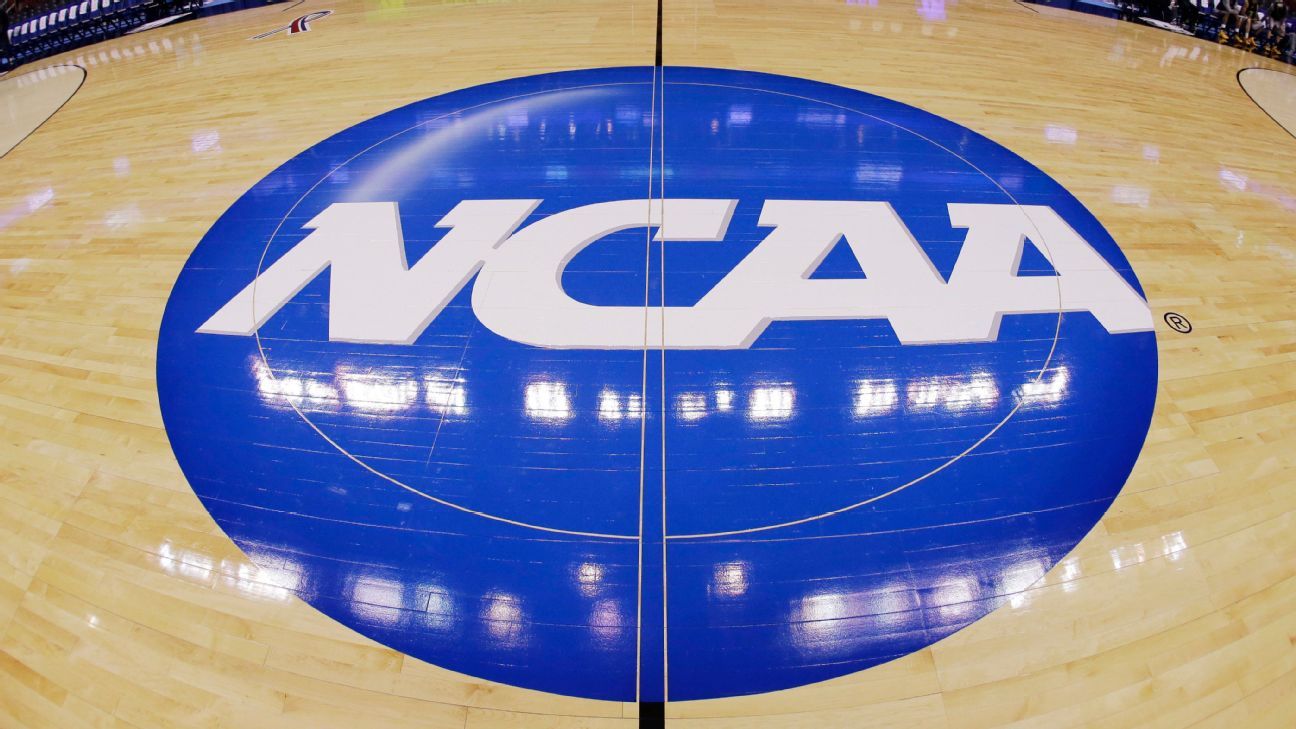
Sources: NCAA board votes to accept settlement
The NCAA's Board of Governors voted Wednesday evening to agree to settlement terms in the House v. NCAA and related antitrust cases, sources said.
- Pete Thamel
- Dan Murphy
The NCAA's Board of Governors voted Wednesday evening to agree to settlement terms in the House v. NCAA and related antitrust cases, sources told ESPN, joining three power conferences thus far in moving forward with a historic change for the way college sports are operated.
The Big 12 and ACC voted to accept settlement terms Tuesday, and the Big Ten joined them Wednesday. The remaining two defendants named in the lawsuit -- the SEC and Pac-12 -- are expected to vote to approve the terms as well later this week. The NCAA's board did not vote unanimously Wednesday, a source told ESPN.
The NCAA board vote was expected but perhaps looms more symbolically. The board voting in favor of a settlement that would allow schools to pay players represents a formal severing of a decades-long tether to unpaid amateurism.
The settlement terms state the NCAA will provide more than $2.7 billion to former athletes over the next decade for back damages related to the association's name, image and likeness restrictions, according to sources. The conferences also agreed to create a forward-looking system that will allow schools to pay roughly $20 million per year in permissive revenue sharing to athletes. Those direct payments, an unprecedented paradigm shift in college sports, would likely begin in fall 2025.
By settling, the schools and the NCAA avoid going to trial, where they could have been on the hook for damages in excess of $4 billion if they lost, which legal experts considered a likelihood considering the NCAA's recent poor record in court cases. According to sources, the plaintiffs will also agree to dismiss two other pending antitrust cases against the NCAA that could have potentially added billions of dollars in damages to an already daunting total.
College athletics leaders have widely acknowledged that while a settlement in the House case is a significant step forward, it will not solve all of the legal and governance issues that have destabilized their former business model. While some university leaders are skeptical that the settlement will provide a clear path forward and other college sports leaders took issue with how the financial burden of settlement payments would be shared among conferences, sources have told ESPN that an agreement is widely expected to arrive by the end of the week. Leagues need only a majority vote to approve of the current terms.
Sources have indicated it will take at least six months to sort through details, such as how Title IX laws will apply to future payments and whether they can curtail spending in the NIL marketplace.
While the agreement is a major step forward, several steps remain before the lawsuits are officially settled. The two sides will have to present a more detailed settlement agreement to Judge Claudia Wilken, and all Division 1 athletes will have multiple months to review the terms and decide if they want to object or opt out of the class action settlement. This process will take months to reach a conclusion.
ESPN's Adam Rittenberg contributed to this report.
